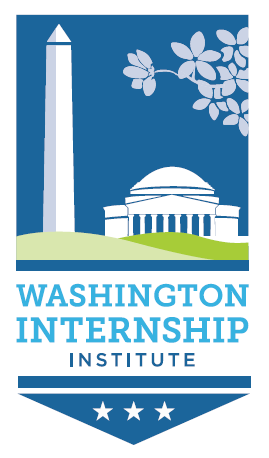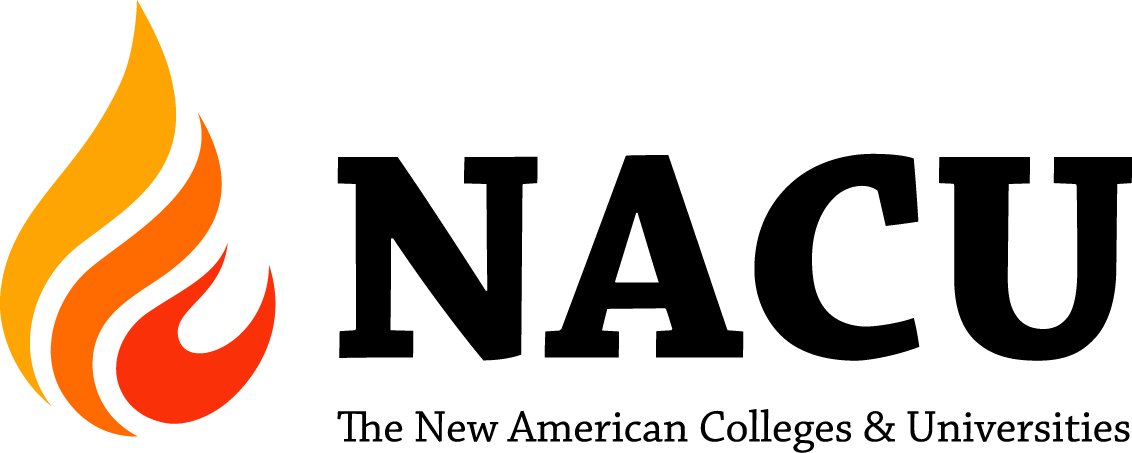Higher Education, Paranoia, and Androids
/(With apologies to Radiohead)
Last week, I visited Elon University to meet students, staff, and faculty. I booked my travel online, never speaking to a human being. I checked into my flight on my phone, engaging with three people on the way: the woman who made sure I wasn’t cutting past other people by being in the TSA PreCheck lane; the TSA agent who checked my idea and ticket (on my phone); and, the flight attendant who made sure I was buckled into my upright seat and had airplane mode on (don’t get me started on those who don’t follow that rule). I picked up my car, which I had booked online, and scanned my chosen car with my phone; the gate attendant waved me through. I followed navigation to my hotel, where I went straight to my room and opened the door with my phone since I had already checked in and selected my room the day before.
Even a few years ago, I would have had to have interacted with probably twice as many people to complete my journey. Especially using my digital hotel room key, I reflected upon how few people I interacted with — and the jobs eliminated by the technology that made my journey so seamless (though a bit less human).
Job creation is a constant topic of pundits and politicians, but increasingly more attention is being paid to the effects of automation on the job market because, in part, the future looks grim: as Jeffrey Selingo notes in this article, “nearly half of American jobs are at risk of being taken over by computers within the next two decades.” Just as we are grappling with how technology is affecting our personal lives — and putting a lie to the truism that technological advancement is progressive — we are also coming to terms with how technology is affecting our professional lives.
However, it is an open question how higher education is responding to the automation march. Because I am an English major, and at heart a proselytizer for the liberal arts, I have always found the professional majors depressing, because I just can’t get my mind around how spending four years learning accounting can be fun. The long-standing argument for these kinds of majors and against liberal arts majors has been that they better prepare you for a job. Now though, I think two arguments can be made against at least some of these majors because of technology: are they viable? and, is the knowledge gained instantly outdated? I did my taxes a few weeks ago. I didn’t need an accountant. And, with new systems, technologies, and ways of thinking changing and being created at an ever-increasing pace — as James Gleick told us — if you started school in 2017, will the knowledge you learned even be relevant in 2021 when you graduate?
In his article, Selingo relates a discussion he had with President of Northeastern University Joseph E. Aoun, who has recently authored a book on these topics. Aoun advocates for an integration of the liberal arts and the professional, something he calls “humanics.” I am not only against this neologism, but skeptical of the actual implementation of such an approach. I still believe in the value of going deeply into a subject area; I still believe in the major. I believe in gaining expertise. This approach — “the purposeful integration of technical literacies, such as coding and data analytics . . . with uniquely human literacies, such as creativity, entrepreneurship, ethics, cultural agility and the ability to work in diverse teams” — seemingly discounts the major. I also am skeptical of faculty being willing or able to do this kind of teaching; perhaps it would require the dismantling of disciplines to effect this kind of change. Also, though, I didn’t want to learn how to code or do analytics; I wanted to read books. That I got interested in web design and databases was a function of my own creativity and curiosity; I wouldn’t want to see an English degree require coding.
However, I do agree with his second recommendation, perhaps self-servingly so:
colleges need to invest in experiential education, which includes activities such as internships, undergraduate research and study abroad. “These experiences impart independence, problem-solving skills, teamwork and deepen understanding from what into why,” [Aoun said].
I couldn’t agree more. I think that last point is really the kicker here: too many professional programs focus on what (while I would argue liberal arts programs focus on why). Getting students to apply the “what” they have learned in a professional setting, in a research setting, or in a different culture expands their ability to both understand that “what” but get to deeper questions and the ability to ask those deeper questions. That ability — to recognize and then solve problems creatively and collaboratively — is uniquely human, and one that higher education needs to emphasize and foster to prepare students for the automatized future of work.


